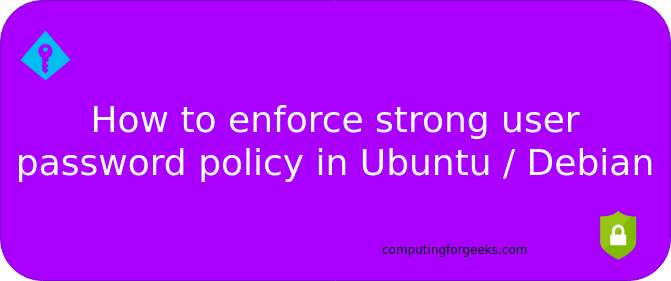River Valley Computer
Well-Known Member
- Reaction score
- 803
- Location
- Russellville, AR
This is for all you Linux pros out there. We have in the past played around with Linux distros. Probably 5 or more years ago. We do not remember having to create a user name and password as the new releases seem to do now. Has something changes - is it the installer? During the install of the distros it asks 'Who are you" We even tried to install and old Zorin OS from 5 or 6 years ago and it does the same.
We have a customer that just wants a OS put on his old Vista Dell just for some game playing for his disabled wife. They have very limited funds so this will be a freebie but they are the sweetest couple.
Thanks in advance.
We have a customer that just wants a OS put on his old Vista Dell just for some game playing for his disabled wife. They have very limited funds so this will be a freebie but they are the sweetest couple.
Thanks in advance.

